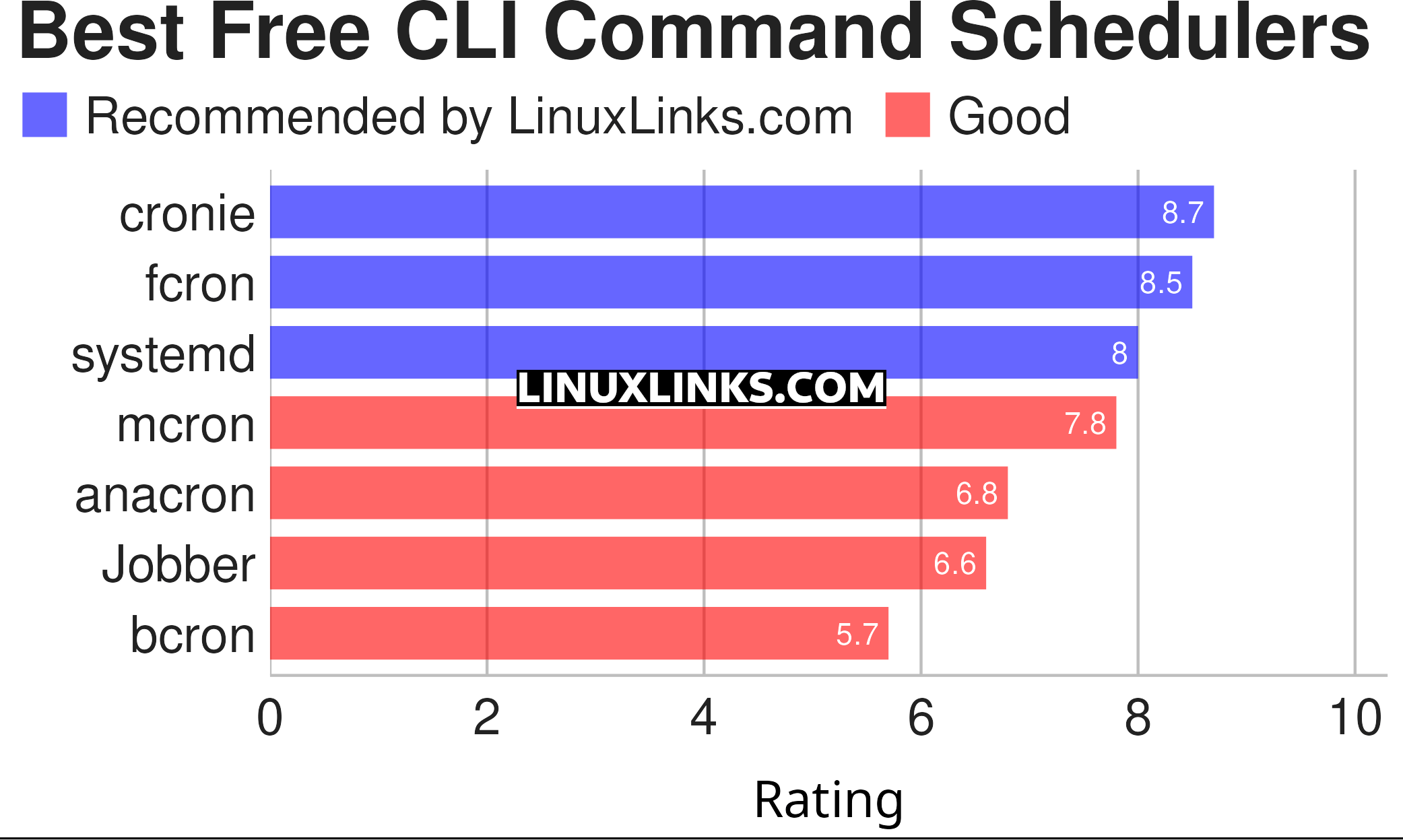The software utility cron also known as cron job is a time-based job scheduler in Unix-like computer operating systems.
Users who set up and maintain software environments use cron to schedule jobs (commands or shell scripts) to run periodically at fixed times, dates, or intervals.
This software typically automates system maintenance or administration such as automating backups, cleaning disk space and other system maintenance tasks. It’s general purpose too making it good for things like downloading files from the Internet and downloading email at regular intervals.
Cron is most suitable for scheduling repetitive tasks. Scheduling one-time tasks can be accomplished using the associated at utility. For commands that need to be executed repeatedly (e.g., hourly, daily, or weekly), you can use the crontab command. The crontab command creates a crontab file containing commands and instructions for the cron daemon to execute.
Cron is a command line utility, but it’s not the only CLI command scheduler available for Linux. We feature alternatives to cron. The ratings chart captures our recommendations. Only free and open source software is eligible for inclusion.

Let’s explore the CLI command schedulers at hand. Click the links in the table below to learn more about each program.
| Alternatives to cron | |
|---|---|
| cronie | Modern day version of cron and associated tools |
| fcron | Designed for systems which are not continuously running or regularly |
| systemd | Suite of basic building blocks for a Linux system |
| mcron | 100% compatible replacement for Vixie cron |
| anacron | Designed for systems which are not continuously running |
| Jobber | Run commands to a schedule |
| bcron | Designed with secure operations in mind |
 Read our complete collection of recommended free and open source software. Our curated compilation covers all categories of software. Read our complete collection of recommended free and open source software. Our curated compilation covers all categories of software. Spotted a useful open source Linux program not covered on our site? Please let us know by completing this form. The software collection forms part of our series of informative articles for Linux enthusiasts. There are hundreds of in-depth reviews, open source alternatives to proprietary software from large corporations like Google, Microsoft, Apple, Adobe, IBM, Cisco, Oracle, and Autodesk. There are also fun things to try, hardware, free programming books and tutorials, and much more. |
